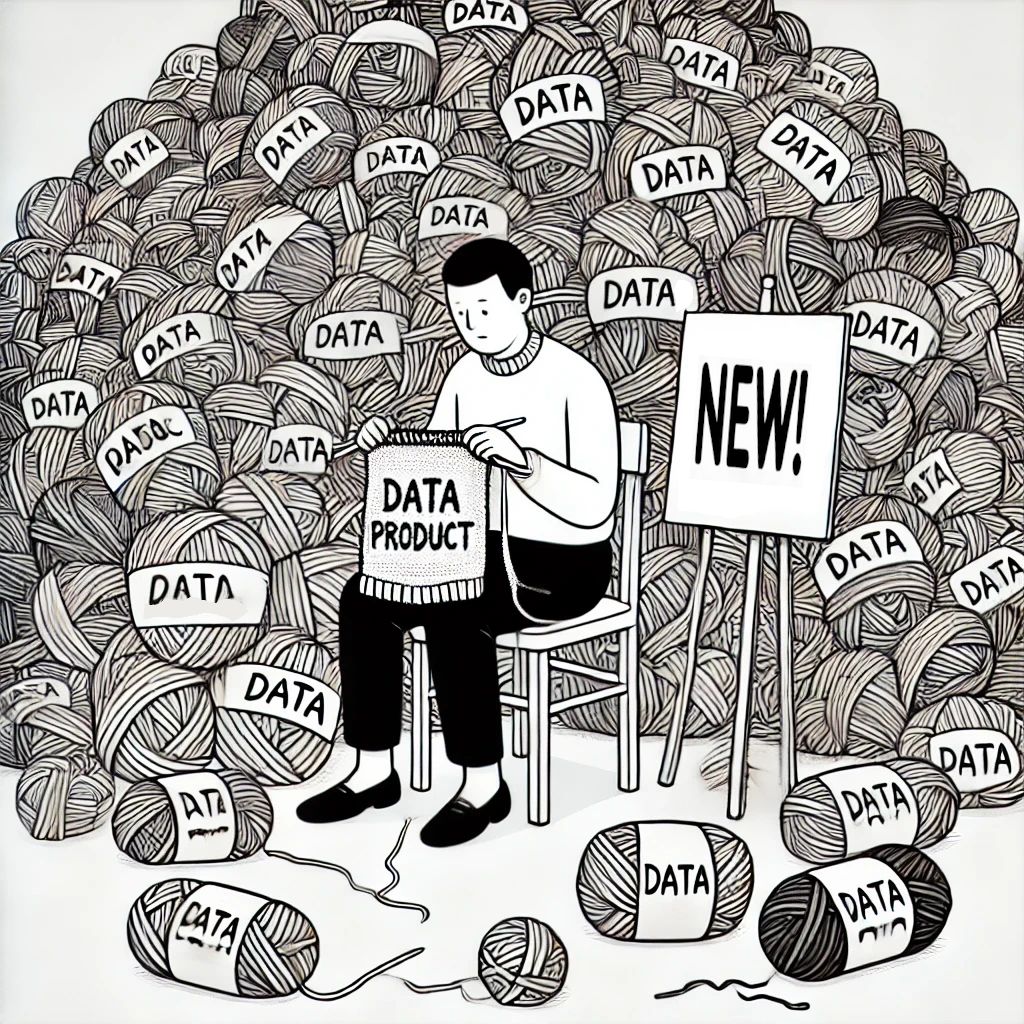"Data products" have emerged as the latest paradigm in data management. They promise to revolutionize how organizations leverage their information assets by treating them as a product—packaged, easily accessible, and ready for consumption
There's a lot to like here, but having spent some time in the field, I also find that this approach needs some careful reflection:
1️⃣ Transforming raw data into user-friendly packages isn't exactly a new idea (think data marts). The challenge lies in how to consistently get there, not the destination itself.
2️⃣ While tools and technology often dominate discussions, success hinges more on organizational factors: culture, processes, and incentives.
3️⃣ Democratizing data use can foster innovation but at the same time raises concerns about maintaining quality and consistency.
4️⃣ On-demand, self-service data access sounds enticing, but we've seen downsides in similar scenarios (just consider the all-to-frequent dashboard and KPI proliferation).
5️⃣ As we shift towards product-centric models, governance must evolve to balance agility with compliance and data integrity. A thousand data products might give everyone what they want, but lack overall coherence.
6️⃣ Creating data products is a lot of work. AI may streamline some processes and coding, but currently it won’t be able to capture the nuances and context that human experts bring to data understanding and data interpretation.
The idea of readily consumable data products is appealing, but saying "we want to make data usable by building data products" is like saying "we want to make food tasty by cooking really well" - it's a (somewhat tautological) goal, not a strategy.
The true value of any data management approach lies in its ability to drive business value while at the same time managing risks, security and compliance.
Data products offer interesting new ideas, but they're a governance concept, not a panacea. Let's approach them with both optimism and a critical eye.
